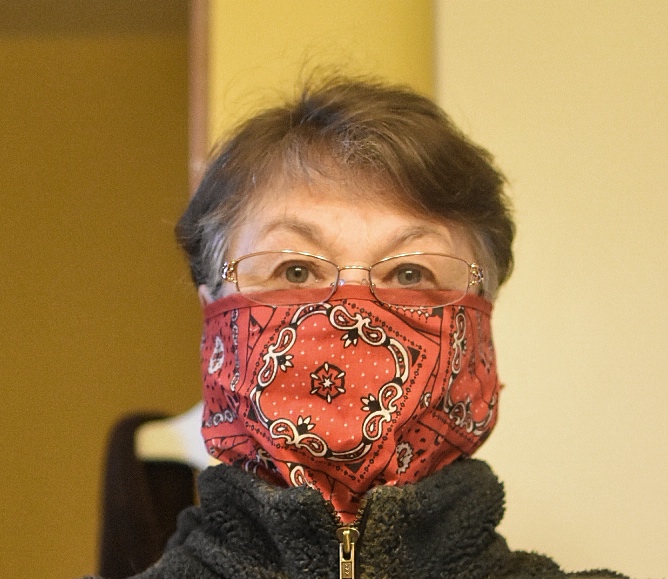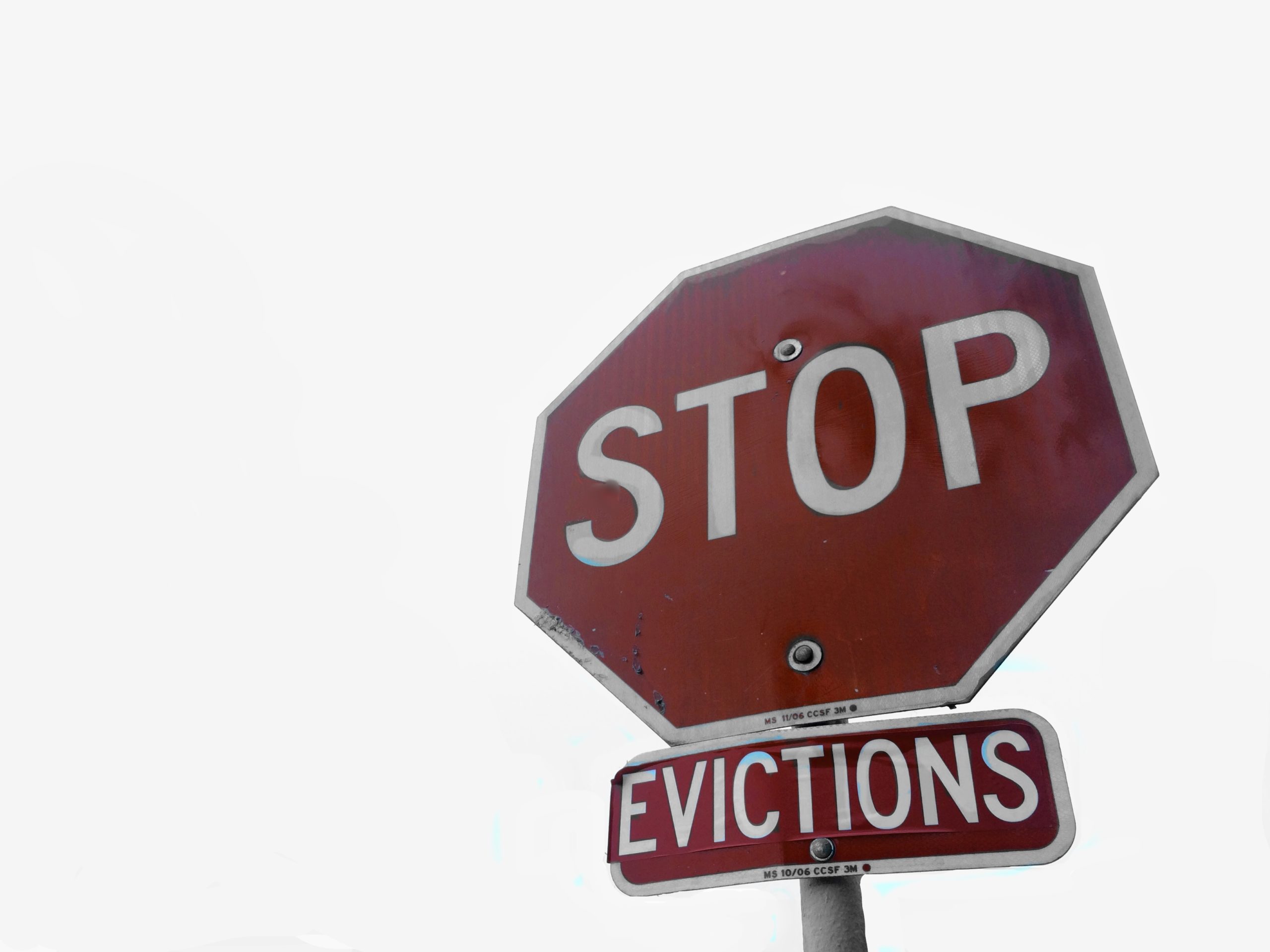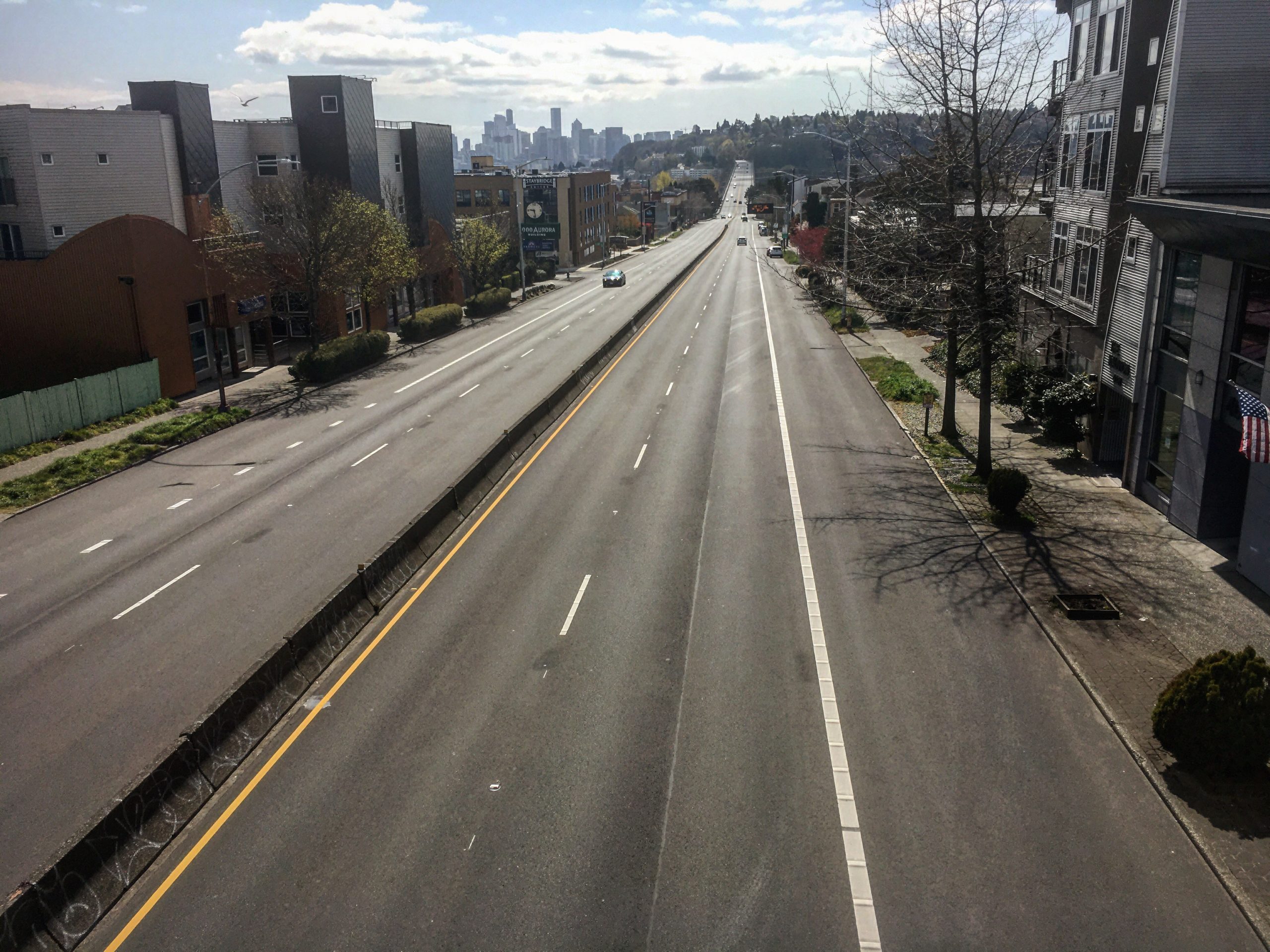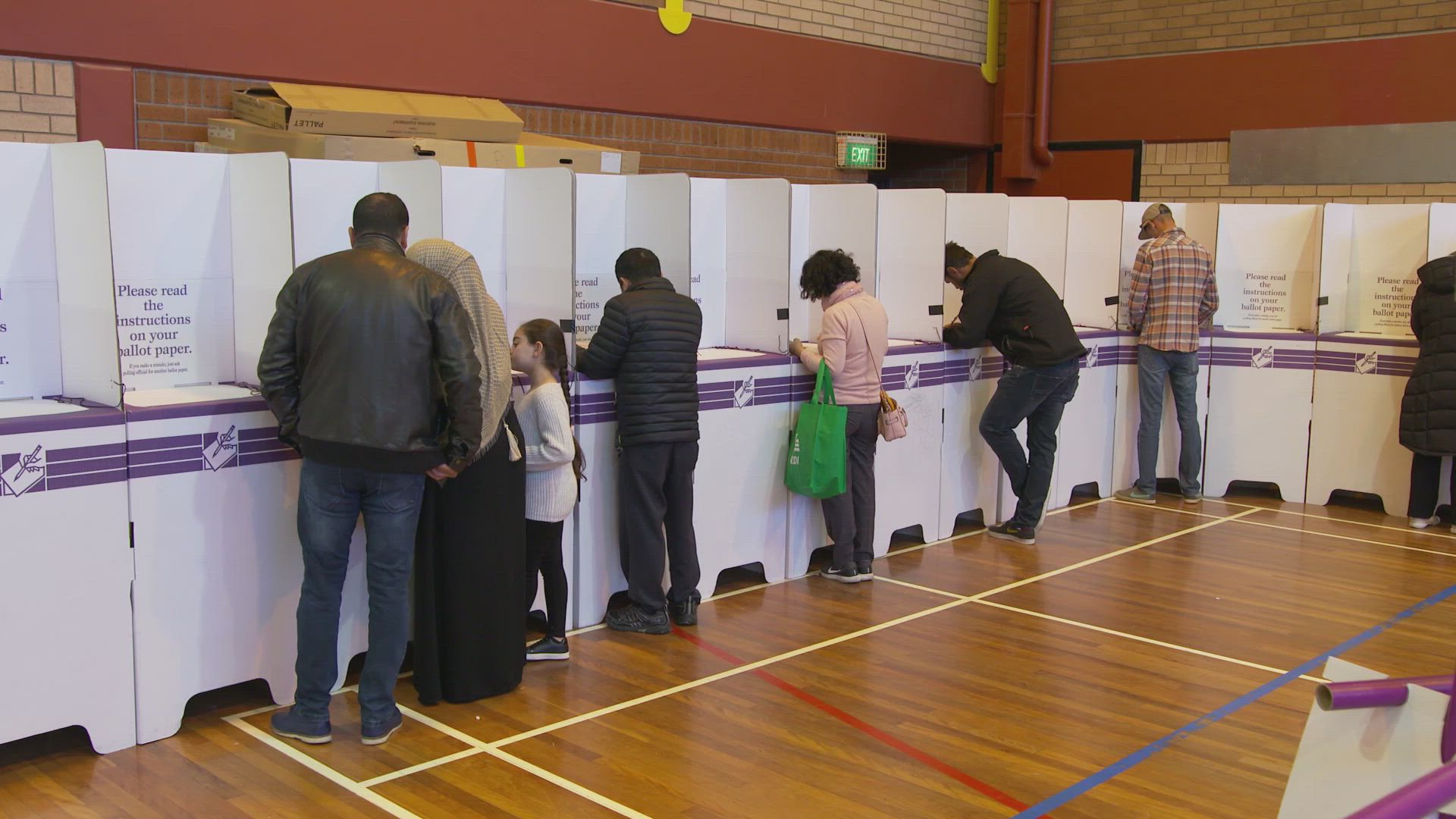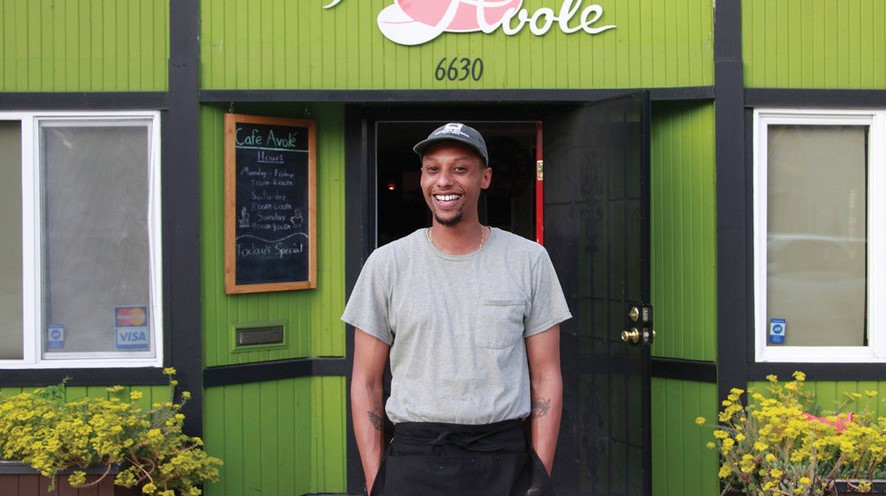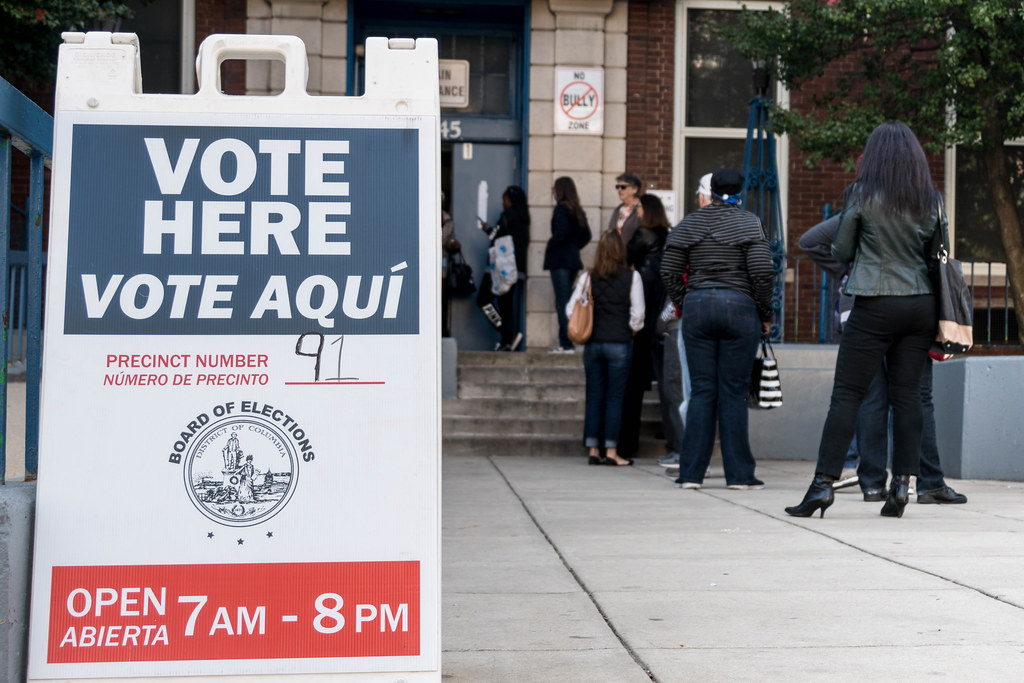As government cash arrives in the coming weeks to help millions of people in desperate financial need, we should be asking: Why don’t we do cash benefits more often?
The global coronavirus pandemic is an acute crisis, of course. But there’s never been a day in the world’s history without people in desperate need. Cash is the best way to help them, for the same reasons it is the best way to help people right now. Cash is faster and more flexible, allowing individuals and households put it toward their own unique immediate needs, whether it’s housing or other expenses.
Households in Cascadia and beyond have been holding their breaths as federal coronavirus response bills race toward passage in both the United States and Canada. The US package should help stanch hemorrhaging finances for the nearly 4 million Americans who have filed for unemployment insurance since the beginning of March, including nearly 200,000 people across Oregon and Washington.
The relief package is a response to the shock wave of layoffs triggered by coronavirus lockdowns. It includes public money to boost state-provided unemployment insurance (UI) by $600 per week for the next four months.
For comparison’s sake, $600 is the weekly income of someone working full-time at $15 an hour. That’s on top of states’ usual unemployment benefit, which varies state to state. Oregon offers about two-thirds of pre-layoff pay; Washington offers half (up to a maximum in both cases).
This is a big deal—the largest temporary expansion of direct cash benefits in modern US history. (We were among those urging it last week as the best way to shield workers from the effects of an unprecedented public health crisis.)
Canada’s federal government announced Thursday that it is planning a similar provision: a flat $2,000 a month for four months to “people who have lost jobs or are unable to work.” On Friday, it added a 75 percent wage subsidy to small and medium businesses that keep workers on payroll.
British Columbia, meanwhile, is sending one-time payments of $1,000 to affected workers, and the US federal government will issue one-time checks of $1,200 per adult, and $500 per child, to individuals making less than $75,000 per year.
This is a breakthrough moment for cash payments. It’s long overdue.
